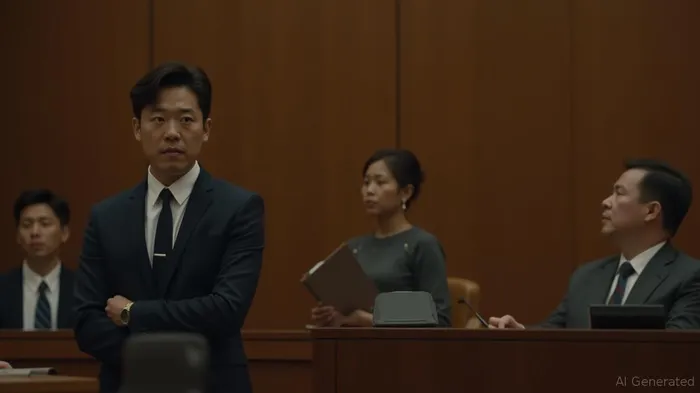Do Kwon Faces Uncertainty as GENIUS Act May Alter Charges
Do Kwon, the co-founder of Terraform Labs, is currently facing criminal charges in a US federal court. These charges could potentially be altered due to legislative developments in the US Congress. The GENIUS Act, which passed the US Senate on June 17, is currently under consideration in the House of Representatives. This legislation aims to regulate payment stablecoins and could impact the charges related to the TerraUSD (UST) algorithmic stablecoin and the platform’s LUNA token that Kwon is facing.
Kwon’s legal team and prosecutors recently met for a status conference before Judge Paul Engelmayer in the US District Court for the Southern District of New York. The judge acknowledged the potential impact of the GENIUS Act on Kwon’s charges, particularly those related to securities fraud. The legislation, if signed into law, could significantly alter the legal framework for digital assets, affecting how financial regulators and authorities handle cases involving cryptocurrencies.
Terra’s UST depegged from the dollar in 2022, leading to the collapse of the ecosystem and subsequent criminal charges against Kwon and other executives in South Korea and the US. Kwon was arrested in Montenegro in 2023 on unrelated charges and was extradited to the US in December to face nine felony counts, including securities fraud, commodities fraud, market manipulation, and money laundering. He has pleaded not guilty to all charges and is currently being held without bail. His criminal trial is scheduled to begin in January 2026.
In 2024, a jury found Terraform Labs and Kwon liable for defrauding investors in a civil case with the Securities and Exchange Commission (SEC). Judge Engelmayer is exploring whether the rulings in the civil case could be binding on Kwon’s criminal case. This exploration adds another layer of complexity to Kwon’s legal situation, as the outcome of the civil case could influence the criminal proceedings.
The GENIUS Act, along with its companion bill, the STABLE Act, is moving through the House of Representatives. Both bills aim to provide a clearer regulatory framework for digital assets, which could affect how financial regulators and authorities treat cases involving cryptocurrencies. The potential passage of these bills could lead to more precise definitions of illegal activities in the crypto space, resulting in either more severe penalties or a narrowing of the scope of charges against Kwon.
The outcome of these legislative efforts will be closely watched by legal experts and industry stakeholders. The changes in US crypto laws could set a precedent for future crypto-related prosecutions, making it a critical development for the digital asset industry. The legal landscape for cryptocurrencies is evolving, and the impact of these legislative changes on Kwon’s case will be a significant indicator of how the US plans to regulate and enforce laws in the crypto space.

Quickly understand the history and background of various well-known coins
Latest Articles
Stay ahead of the market.
Get curated U.S. market news, insights and key dates delivered to your inbox.



Comments
No comments yet